GreenStep Cities and Tribal Nations and We Are Water MN are partnering with the MPCA to offer a free virtual 2-hour Smart Salting for Community Leaders workshop on June 14th from 11am to 1pm. This interactive workshop will help participants understand the impacts of chloride on infrastructure and water resources and provide them with specific action steps to make policy changes in their communities to reduce salt pollution.
The workshop is open to city council members, board members of watershed districts or housing associations, state legislators, and other community decision-makers who are not directly involved in road salt application or water softener use but could benefit from learning about the advantages of Smart Salting.
Why should you attend?
Salt is toxic to our freshwater wildlife, impacting recreation like fishing.
The pollution impacts are local. 78% of salt applied in urbans area ends up in groundwater or local lakes and rivers.
Salt can pollute drinking water. 75% of Minnesotans rely on groundwater for drinking water.
Salt wastes money and causes expensive damage to infrastructure.
State, county, city policy makers, and those that make policy to govern other entities have an important role to play in chloride management and promoting smart salting strategies. Smart Salting for Community Leaders highlights achievable policies and actions that can be considered to assist with reducing salt use.
The learning environment for this class is an interactive online format. Instructors will teach class online in real-time. Participants will interact with instructors and other participants through live chats, polls, and class discussion using the WebEx platform. We require attendees to actively participate in the online interactive class in addition to completing a survey after attending.
This training is co-hosted with Minnesota’s Lake Superior Coastal Program, MPCA and We are Water MN. Funding comes from the Clean Water Fund and Environment and Natural Resources Trust Fund.

